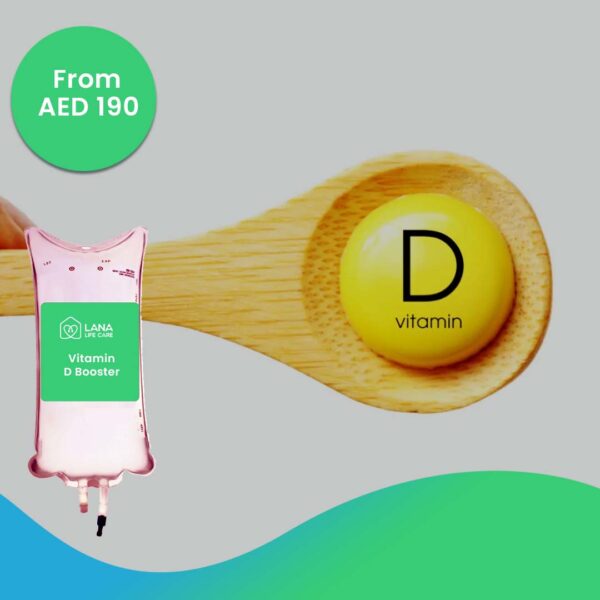
No doubt that caring for Your Premature Baby at Home is a big challenge and a huge responsibility that falls on the shoulders of every mother and father. Therefore, when a baby is born before the 37th week of gestation, which is known as a premature baby, parents always wonder how to take care of a premature baby at home and what the best ways are to pass this stage safely and securely.
It is easy to know how to take care of a premature baby at home, as you must provide a healthy and safe environment for your child, supported by continuous follow-up with the Pediatrician and NICU, besides the nursing care services for premature baby; The most important aspects of this care are:
You can also know how to Take Care of a Premature Baby at Home accurately, by asking professional home nursing services, such as baby sitting services in Dubai to monitor the baby’s health and measure his vital signs continuously.
See your pediatrician 2 to 4 days after your premature baby leaves the hospital or nursery (unless otherwise specified by the doctor).
Make sure to review all of your newborn’s tests and determine what additional tests the baby will need later, and their dates exactly.
Be aware of the other medical specialties you should consult next to ensure that your baby doesn’t suffer from any sensory or physical problems.
ِAmong understanding How to Take Care of a Premature Baby at Home, you must also know How to Feed a Premature Baby at Home.
Although breast milk is rich in nutrients and strengthens the immune system, premature babies need more calories through certain solutions and formulas to grow and reach the normal baby weight. The premature babies’ feeding methods include:
Breastfeeding can be relied upon for feeding a newborn if he or she is able to breastfeed naturally.
Use a suitable bottle containing breast milk or formula to feed your newborn, especially if he or she is unable to breastfeed.
A nasogastric tube is used to feed a premature baby if he or she is unable to feed by mouth. This tube delivers milk or nutrients through the nose to the baby’s stomach.
If the previous methods fail, the doctor may resort to a gastrostomy tube to feed the baby and preserve his life. Here, the tube is inserted into the infant’s stomach through the skin so that nutrition reaches the stomach directly.
Caring for a premature baby while sleeping is an important step in learning how to take care of a premature baby at home. For example, the newborn should be placed on their back to reduce the risk of sudden infant death syndrome (SIDS), while ensuring the baby’s breathing is normal during sleep.
The baby’s sleeping area should also be well-ventilated and free of noise.
It’s worth noting that premature babies sleep more frequently than full-term babies.
You can protect your premature baby from infection during home care by following these tips:
Premature babies often have breathing problems and apnea, and your doctor may not allow home care if your baby has difficulty breathing or a slow heart rate.
However, in some cases, the doctor may allow the baby to leave the NICU and go home with an apnea monitor.
In this case, it’s essential to seek the help of newborn care services, specifically Premature Baby Care, to properly use this device.
While you’re trying to figure out how to take care of a premature baby at home, you shouldn’t ignore your health; you must have proper nutrition, get as much sleep as possible, and exercise.
If possible, try to enlist the help of a trusted friend or relative to help you care for your baby at this stage.
It’s also preferable to seek the help of Nursing care of premature babies; to ensure proper care for your baby, and to ensure both your comfort and that of your baby.
At Lana Life Care, we understand the anxiety parents feel when caring for a premature baby. That’s why we offer the best premature baby care at home services by providing personalized nursing care for your premature baby.
We continuously monitor the baby’s health, measuring vital signs such as body temperature and heart rate, as well as their breathing and any health problems that may arise.
Using our services will ensure that your premature newborn passes this serious period in good health and safety.
We provide you and your newborn with complete comfort and safety.
Just give us a call.
With time and the provision of health care to the premature baby, his body will begin to grow, and he will be safe after the lungs, in particular, have completely developed, and his breathing becomes normal.
They need a healthy, clean, and quiet environment, besides using the appropriate feeding methods.
The supine position, on their back, is the best position for a premature baby to sleep
The five factors that increase the risk of premature birth include: maternal age, smoking, alcohol and drug abuse, and a previous premature birth or twin birth.
Breastfeeding, Formula, and some feeding solutions.




WhatsApp us